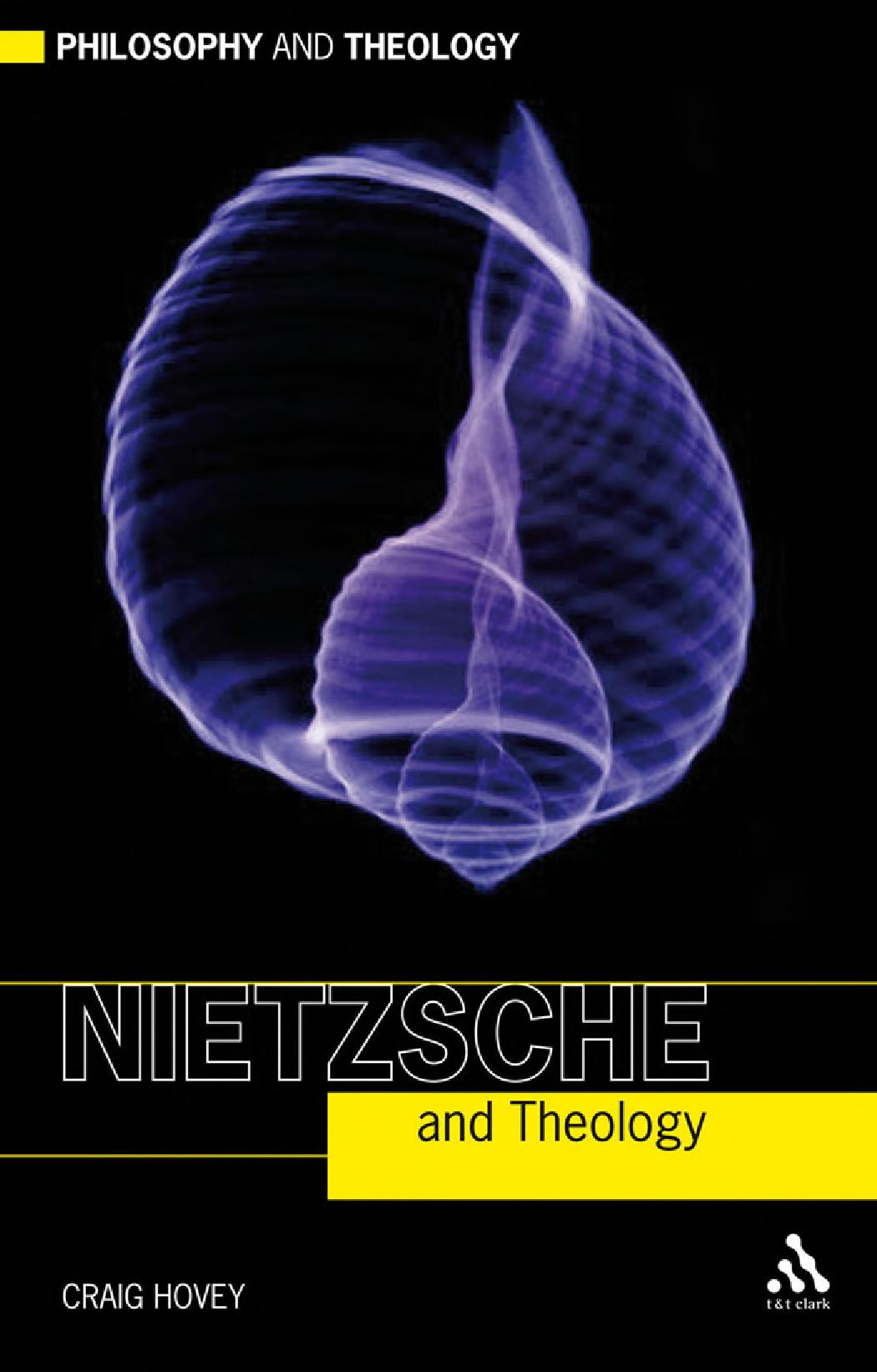

Most ebook files are in PDF format, so you can easily read them using various software such as Foxit Reader or directly on the Google Chrome browser.
Some ebook files are released by publishers in other formats such as .awz, .mobi, .epub, .fb2, etc. You may need to install specific software to read these formats on mobile/PC, such as Calibre.
Please read the tutorial at this link: https://ebookbell.com/faq
We offer FREE conversion to the popular formats you request; however, this may take some time. Therefore, right after payment, please email us, and we will try to provide the service as quickly as possible.
For some exceptional file formats or broken links (if any), please refrain from opening any disputes. Instead, email us first, and we will try to assist within a maximum of 6 hours.
EbookBell Team

5.0
28 reviewsNietzsche and Theology displays how his most generative and provocative ideas are also deeply theological and continue to teach Christians how to be Christians in the world in which they find themselves. Hovey highlights the constructive contributions that can emerge from receptively meeting Nietzsche as modernity's philosophical other. Unchained from resenting Nietzsche's "philosophical hammer," such encounters will surely reward those who journey into the far country of Nietzsche's Christianity.
The book examines Nietzsche's critiques of epistemology, culture, history, morality, and metaphysics for their importance not only in philosophical theology, but also in biblical and historical studies, theological ethics, and systematic theology. Hovey argues that Nietzsche's reception in theology continues to be of critical importance and explores new, constructive avenues for the use of Nietzsche in theology. If the death of God is not primarily a metaphysical assertion but a cultural diagnosis, modern secularization surely attests to Nietzsche's prescience, a quality that yields extraordinary promise when allowed to be heard.